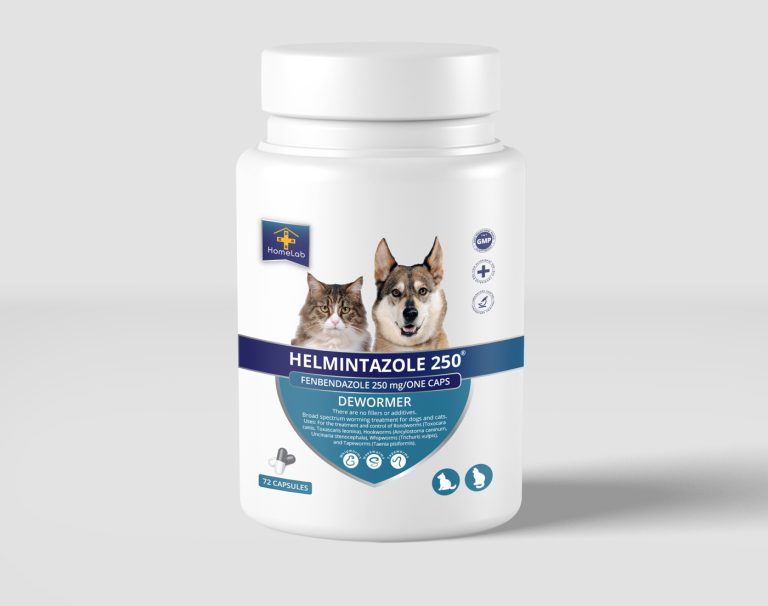
Fenbendazole and its most widely used commercial formulation were tested for their cytotoxic effects against human cancer cells. Dissolution and analytical studies were also conducted.
2-h treatments with varying concentrations of fenbendazole were not toxic to aerobic EMT6 cells and produced yield-corrected surviving fractions similar to those of controls. 24-h treatment reduced the clonogenicity of these cells.
Treatment Options
Fenbendazole can be used to treat cancer in combination with other medications, such as curcumin and CBD. It is also available as a dietary supplement and can be taken in granule form or liquid. It is recommended that you take it with food, as if you are sensitive to the medication, it may cause stomach upset.
In this study, the researchers found that fenbendazole inhibited the growth of 5-fluorouracil-resistant SNU-C5 cells by both promoting p53-independent apoptosis and ferroptosis-augmented apoptosis in a dose-dependent manner. Moreover, it reduced cell migration by blocking the expression of nuclear factor kappa-light-chain-enhancer of activated B cells (NFK-LECB) in invasive SNU-C5 cells and in patient-derived colon cancer organoids.
MD Anderson offers many clinical trials, which are research studies involving volunteers. These studies are designed to find better ways to prevent, diagnose and treat cancer.
Side Effects
Despite claims of miracle cures on social media, there is no evidence that anthelmintics can prevent or treat human cancer. The drugs, which are used to treat parasites in animals, can also cause side effects in humans.
In cancer cells, fenbendazole reduces cell viability by binding to tubulin and inhibiting its polymerization. This drug acts similar to cytotoxic anticancer agents, such as vinca alkaloids and taxanes, which also block microtubule assembly.
It also causes apoptosis by increasing p53 expression and partially triggering autophagy and ferroptosis. However, treatment with ferrostatin-1 or deferoxamine mesylate (DFOM), which inhibit the SLC7A11-dependent form of ferroptosis, did not block fenbendazole-induced cell death. These results suggest that fenbendazole induces G2/M cell cycle arrest and apoptosis by multiple pathways in 5-fluorouracil-resistant colorectal cancer cells. It is therefore a promising candidate for drug repositioning in cancer treatment. However, further clinical trials are required to confirm these results.
Prevention
Researchers have found that the anti-parasitic drug mebendazole (brand name Fenbendazole) may slow or stop the growth of pancreatic cancer. Mebendazole is a well-established medication that kills parasites by cutting off their supply of nutrition.
The team of scientists led by Gregory Riggins at Johns Hopkins University School of Medicine tested the effectiveness of mebendazole in mouse models that were genetically engineered to develop pancreatic cancer. They found that mebendazole works in several ways to inhibit the cancer cells’ growth and spread.
Mebendazole binds beta-tubulin and disrupts microtubules, which causes cell death via apoptosis, autophagy and ferroptosis. The research was published on July 6 in the journal Oncotarget. Riggins is an inventor on intellectual property related to mebendazole owned by Johns Hopkins Technology Ventures, and has financial interest in the company.fenbendazole stage 4 cancer